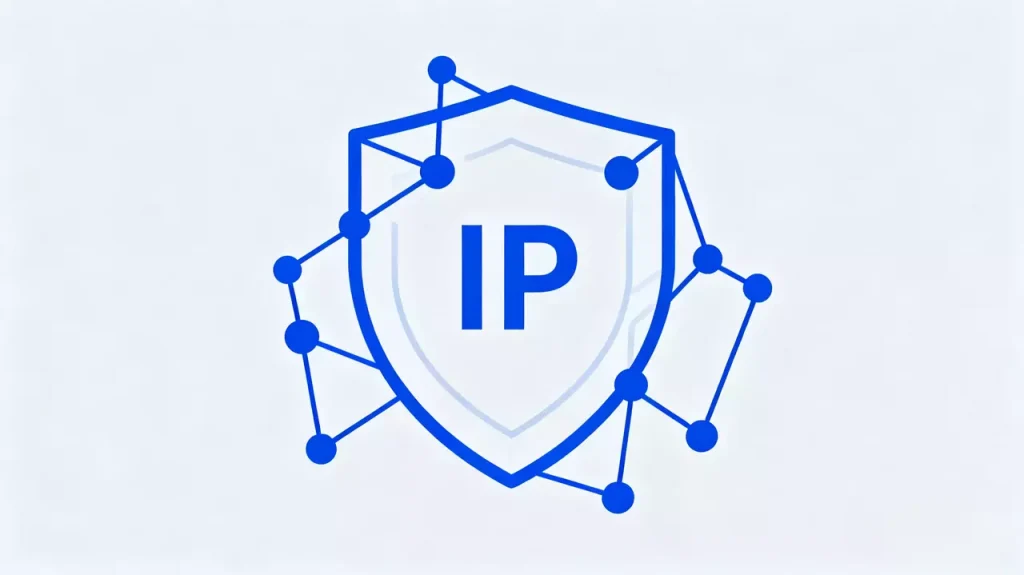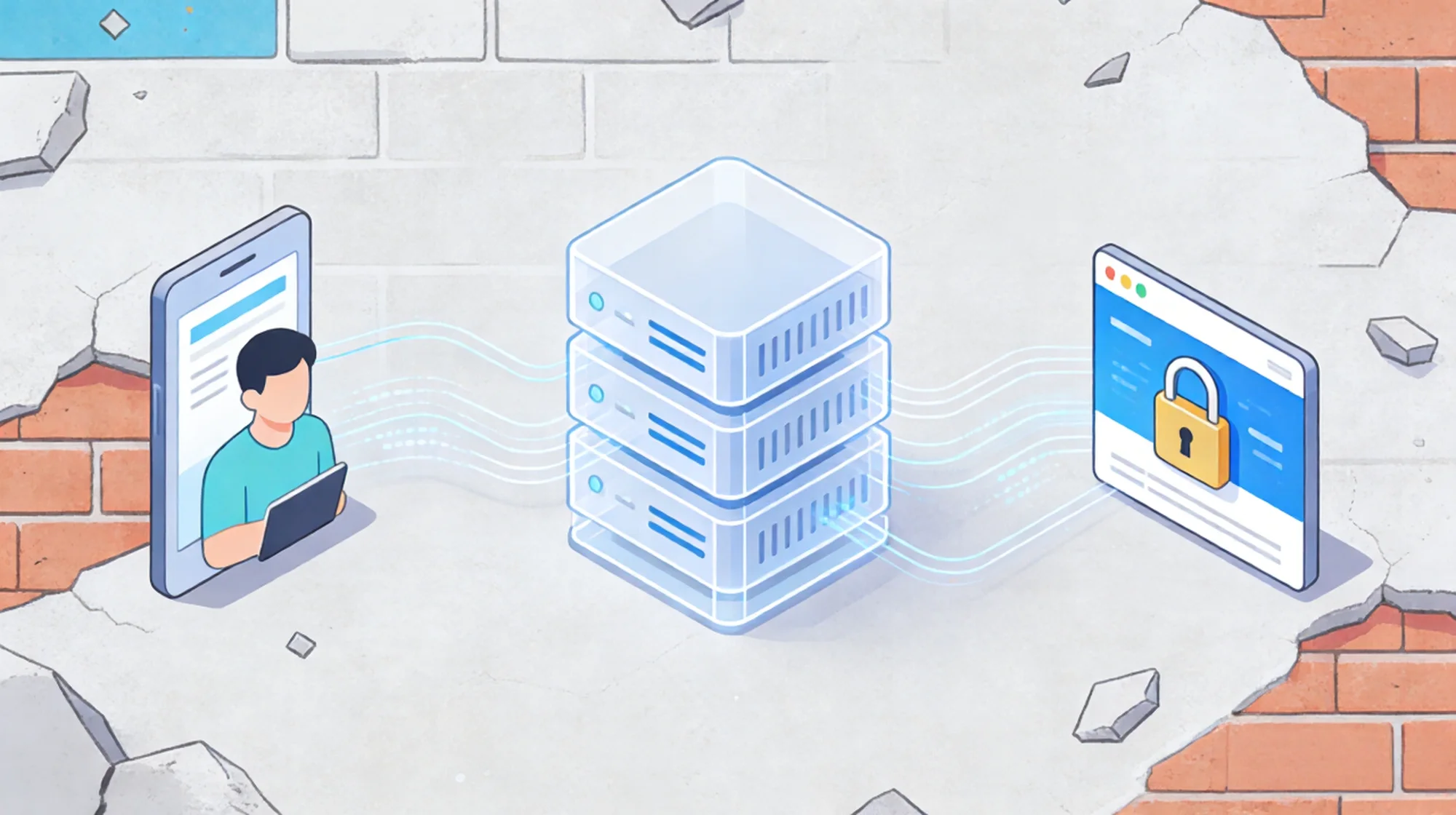IP blocking is a common issue in cross-border e-commerce, web scraping, and accessing overseas networks. It can limit access and disrupt normal business operations. Understanding why IPs get blocked and implementing the right proxy strategies is crucial for maintaining smooth and secure operations.

Common Reasons Your IP Gets Blocked
- Abnormal Access Behavior
Websites and platforms monitor traffic patterns, request volume, and user behavior. If the same IP sends too many requests in a short period or performs bulk operations, it can be flagged as suspicious and blocked. This often happens when using web scraping tools, dynamic IP proxies, or managing multiple accounts with multi-browser setups.
- Poor IP Reputation
Shared or low-quality IPs are more likely to be blacklisted. For example, shared proxy IPs or expired fixed IPs may have been overused or abused. High-quality residential proxy IPs, US residential IPs, or clean IPs are more trustworthy and significantly reduce the risk of being blocked.
- Geographic Mismatch
Cross-border operations can trigger blocks if the IP location doesn’t match the expected region. For instance, using an IP from a non-target country to access a local e-commerce platform or service website may appear suspicious to the system.
- IP Type and Usage
- Dynamic IPs rotate with each session, making them suitable for short-term or high-frequency operations. However, low-quality dynamic IP pools can increase block risks.
- Static residential IPs provide a fixed IP address, helping maintain account credibility. That said, any IP can be blocked under high-frequency or suspicious activity.
Proper planning and allocation of dynamic and static IPs, combined with responsible usage patterns, are key to reducing the risk of blocks.
How to Prevent IP Blocking
- Use High-Quality Proxy IPs
Reliable proxy services, such as IPhalo’s overseas proxy IPs, fixed proxy IPs, or dynamic IP proxies, ensure that IPs are clean and trustworthy. They reduce the likelihood of being blocked and support global IP access for cross-border e-commerce and web scraping tasks.
- Smart Allocation of Dynamic and Static IPs
Combining dedicated dynamic IPs and static residential IPs allows flexible deployment for different tasks:
- Use dynamic IPs for high-frequency or short-term operations to avoid overloading a single IP.
- Use static residential IPs for core accounts or sensitive operations to ensure stable access.
- Monitor and Manage IPs
Enterprise-level IP management can be performed through professional proxy management platforms or APIs, enabling centralized scheduling, monitoring, and quick adjustments to any IP issues.
- Control Access Frequency and Behavior
Whether you’re scraping data or managing multiple browser accounts, controlling request intervals and operation patterns helps avoid triggering platform security mechanisms.
Conclusion
IP blocking generally arises from abnormal access behavior, poor IP reputation, geographic mismatches, and improper IP usage. Using high-quality proxy IPs, smartly allocating dynamic and static IPs, monitoring IP status, and controlling operational patterns can significantly reduce the risk of being blocked.
IPhalo offers stable and reliable global IP proxy solutions, including fixed IPs, static residential IPs, and dedicated dynamic IPs. These solutions help cross-border e-commerce operators, web scraping users, and other overseas network users access target websites safely and smoothly, while improving account credibility and operational stability.
Choosing the right IP management and proxy strategy is essential for ensuring high efficiency and reliability in international business operations.







